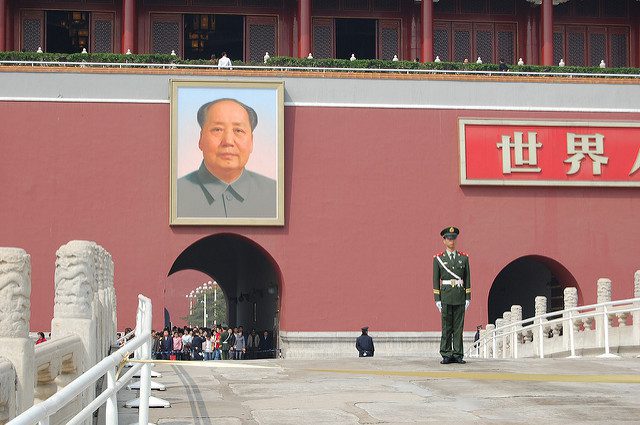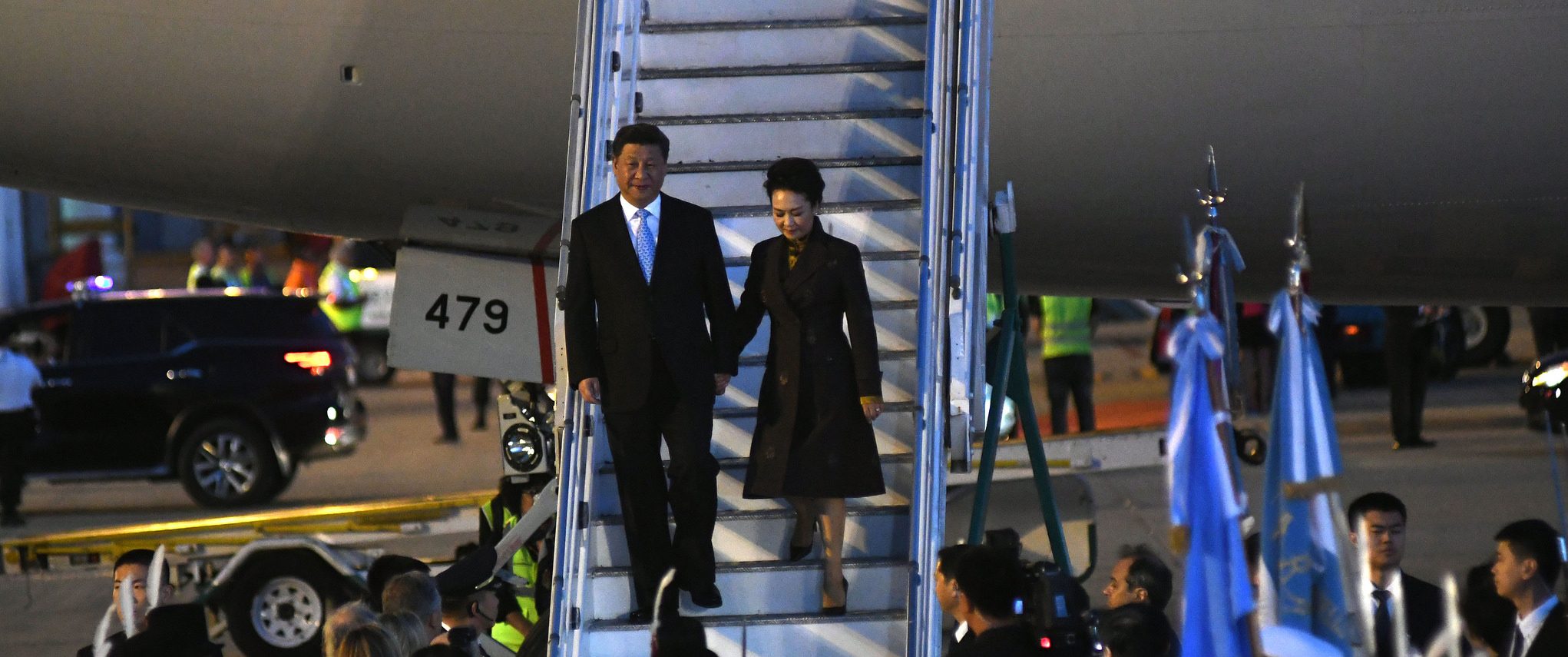|
Getting your Trinity Audio player ready...
|

United States President Donald Trump and Chinese President Xi Jinping met during the G20 Summit in Argentina on December 1, 2018. Even though Tump claims the meeting was a success, a large portion of the American population views on the communist power is less favorable than it was in 2017, according to a Pew Research survey. China and its economy worry the West more than its military.
Approximately, 44 percent of Americans held a favorable opinion of China in 2017. Whereas in 2018, only 38 percent have a positive opinion.
In 2018, 58 percent of those responded stated they were more concerned about China’s growing economy than their military. This reflects an increase of 6 percent. In 2017, 52 percent responded that they were more worried about the nation’s economic dominance in 2017.
Americans that are under the age of 30 views of the Maoist nation are lighter than Americans who are older. 49 percent of younger U.S. adults view the nation from an optimistic political angle. However, only 34 percent of Americans who are older view the country in a positive light, and 20 percent view the totalitarian state in a very unfavorable manner.
Americans under 30 are more likely to identify their economic power as more of a threat to the free world than its military prominence by 65 percent, those over 50, to 52 percent of those under 30. However, the U.S. population’s fears about the communist state are not solely about that authoritarian nation’s massive economy. The results of the survey ranked the eight most serious problems in the U.S.-China public relations:
- A large amount of U.S. debt held by China; 62 percent to 27.
- Chinese Cyber Attack; 58 percent to 29.
- Their impact on the global environment; 51 percent to 34.
- The loss of American jobs to the East; 51 percent to 32.
- The U.S. trade deficit with China; 48 percent to 34.
- Their policy on Human rights; 49 percent to 30.
- Territorial disputes between the country and its neighbors; 34 percent to 43.
- The tension between the larger country and Taiwan; 22 percent to 41.
History of U.S.-China Relations
On October 1, 1949, Communist Dictator Mao Zedong founded the People’s Republic of China in Beijing. Mao’s political faction overthrows Chiang Kai-shek’s dominate Nationalist regime in the nation. Chiang and many members of his legions flee to Taiwan.
The United States was in support of the old order in the Far-Eastern state when the Empire of Japan invaded the country during World War II. They then supported the nationalist leader’s ruling political body in Taipei. Several decades of limited relations between the Eastern and Western nations followed.
On June 25, 1950, the North Korean People’s Army invaded South Korea. The invading army was supported by the U.S.S.R.
The U.N. and the U.S. defended South Korea. Once troops from the United Nations, South Korea, and the U.S. reached the Chinese border China counterattacked the opposing nations.
There were 4 million casualties in the Korean War. The United States, South Korea, and the U.N. then signed an armistice agreement with China and North Korea.
On June 3, 1989, thousands of students demanded democratic reformers and an end to government corruption at Tiananmen Square, Beijing. The Communist government then sent in their military to clear the square Hundreds of protestors were then executed. In response, U.S. Federal Government freezes relations and suspends military sales to Red China.
Trump signed a North American trade deal with Mexico and Canada. The Washington Post reported that the president could then produce a cease-fire in the trade war with Xi at the G20 Summit.
Written by John A. Federico
Edited by Cathy Milne-Ware
Sources:
Pew Research Center: Americans leery of China as Trump prepares to meet Xi at G20
Council on Foreign Relations: U.S. Relations With China
The Washington Post: After signing new North American trade pact at G-20, Trump turns sights to China
Featured Image Courtesy of G20 Argentina’s Flickr Page – Creative Commons License
Top Image Courtesy of Matt Spurr’s Flickr Page – Creative Commons License



